
International Monetary Fund (IMF) experts, who are currently in Cyprus at the request of the Finance Ministry, will submit by the end of this week to the government a draft legal document on the establishment of a National Investment Fund (Hydrocarbons Fund), head of the IMF team of experts Abdullah Al-Hassan told the House Finance Committee on Monday.
Gross revenues from the sale of hydrocarbons will pour into this Fund, to help stabilize the economy, reduce public debt and benefit future generations.
IMF external expert Martin Skancke, who has worked to set up Norway’s Investment Fund, said that an investments management company will be responsible for the management of the Fund, noting that the planning for the establishment of the Fund provides for three stages.
The first stage concerns capital formation, the second will focus on the rapid reduction of the public debt to relieve future generations and the third aims at determining the regulations according to which the Fund will cover the public deficit on the basis of the policy to be followed.
According to Skancke, the Fund will be permanent with a long-standing investing horizon. He said that the law will provide in detail the qualifications and the process for the appointment of the investments management company’s directors and there will be detailed regulations for the company’s audit and transparency to avoid any mismanagement.
He said that information with regard to the operation of the Fund will be available to the public, and there will be an independent council that will report to the Finance Ministry, which on his part will inform the parliament.
The main challenge is to use the funds from natural gas and oil exploration in the framework of a right macro-economic framework with a view to boost the living standard, he noted, adding that due to these revenues many countries are faced with an increase in consumption and inflation.
Skancke also said that revenues from hydrocarbons must be integrated into the state budget and there must be a single long-standing policy and strategy in the framework of micro-economic repercussions on employment and inflation.
He referred to the example of a similar Fund operating in Norway, noting that the real output of the fund is estimated at 4% and that it is up to the politicians of the country to decide how to spend it.
Skancke said that not all countries with natural gas and oil reserves prosper and that the general rule is that the larger a country’s hydrocarbon resources are, the worse its financial situation is.
IMF external expert and head of the strategy policy of New Zealand’s National Investment Fund Sure Brake noted that a fundamental principle of the international community is that such Funds must operate on the basis of San Diego principles, which are principles of clarity and transparency.
Chairman of House Finance Committee Nicolas Papadopoulos said that the IMF experts “have warned us that it does not mean that a country with hydrocarbon sources has no financial problems,” adding that there are examples of countries that have not managed such revenues properly and instead of easing they have created more problems for their economies.
He noted that a framework must be set out to ensure that “we will have an investment that will serve as a parameter of a stable aid to the Cypriot state and will help us to pay our debts, to give impetus to growth and help future generations.”
Preliminary results of a Noble Energy appraisal well for natural gas in Block 12 of Cyprus’ Exclusive Economic Zone estimate the hydrocarbon reserve between 3.6tcf and 6tcf with a gross mean resource of 5tcf. Noble Energy operates Block 12 with a 70 percent working interest. Delek Drilling Limited Partnership and Avner Oil Exploration Limited Partnership each own 15 percent.
Last June Cyprus government, Delek and Avner signed a Memorandum of Understanding (MoU) with regard to the construction of a Liquefied Natural Gas (LNG) terminal in the Cyprus.
The ENI - KOGAS consortium which has signed a contract for hydrocarbons exploration in blocks 2, 3 and 9 within Cyprus’ EEZ is planning to drill in the third quarter of 2014, while Total, which has signed a contract for blocks 10 and 11, is also proceeding with drilling at the first quarter of 2015.
Gross revenues from the sale of hydrocarbons will pour into this Fund, to help stabilize the economy, reduce public debt and benefit future generations.
IMF external expert Martin Skancke, who has worked to set up Norway’s Investment Fund, said that an investments management company will be responsible for the management of the Fund, noting that the planning for the establishment of the Fund provides for three stages.
The first stage concerns capital formation, the second will focus on the rapid reduction of the public debt to relieve future generations and the third aims at determining the regulations according to which the Fund will cover the public deficit on the basis of the policy to be followed.
According to Skancke, the Fund will be permanent with a long-standing investing horizon. He said that the law will provide in detail the qualifications and the process for the appointment of the investments management company’s directors and there will be detailed regulations for the company’s audit and transparency to avoid any mismanagement.
He said that information with regard to the operation of the Fund will be available to the public, and there will be an independent council that will report to the Finance Ministry, which on his part will inform the parliament.
The main challenge is to use the funds from natural gas and oil exploration in the framework of a right macro-economic framework with a view to boost the living standard, he noted, adding that due to these revenues many countries are faced with an increase in consumption and inflation.
Skancke also said that revenues from hydrocarbons must be integrated into the state budget and there must be a single long-standing policy and strategy in the framework of micro-economic repercussions on employment and inflation.
He referred to the example of a similar Fund operating in Norway, noting that the real output of the fund is estimated at 4% and that it is up to the politicians of the country to decide how to spend it.
Skancke said that not all countries with natural gas and oil reserves prosper and that the general rule is that the larger a country’s hydrocarbon resources are, the worse its financial situation is.
IMF external expert and head of the strategy policy of New Zealand’s National Investment Fund Sure Brake noted that a fundamental principle of the international community is that such Funds must operate on the basis of San Diego principles, which are principles of clarity and transparency.
Chairman of House Finance Committee Nicolas Papadopoulos said that the IMF experts “have warned us that it does not mean that a country with hydrocarbon sources has no financial problems,” adding that there are examples of countries that have not managed such revenues properly and instead of easing they have created more problems for their economies.
He noted that a framework must be set out to ensure that “we will have an investment that will serve as a parameter of a stable aid to the Cypriot state and will help us to pay our debts, to give impetus to growth and help future generations.”
Preliminary results of a Noble Energy appraisal well for natural gas in Block 12 of Cyprus’ Exclusive Economic Zone estimate the hydrocarbon reserve between 3.6tcf and 6tcf with a gross mean resource of 5tcf. Noble Energy operates Block 12 with a 70 percent working interest. Delek Drilling Limited Partnership and Avner Oil Exploration Limited Partnership each own 15 percent.
Last June Cyprus government, Delek and Avner signed a Memorandum of Understanding (MoU) with regard to the construction of a Liquefied Natural Gas (LNG) terminal in the Cyprus.
The ENI - KOGAS consortium which has signed a contract for hydrocarbons exploration in blocks 2, 3 and 9 within Cyprus’ EEZ is planning to drill in the third quarter of 2014, while Total, which has signed a contract for blocks 10 and 11, is also proceeding with drilling at the first quarter of 2015.


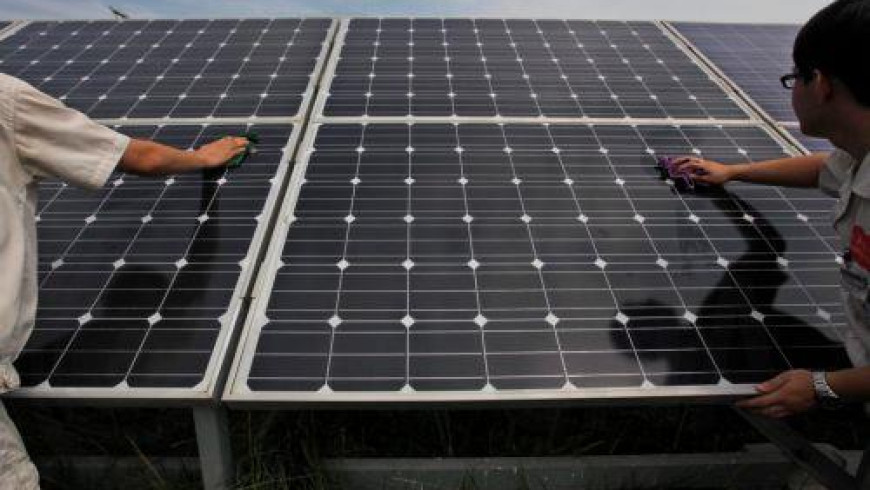
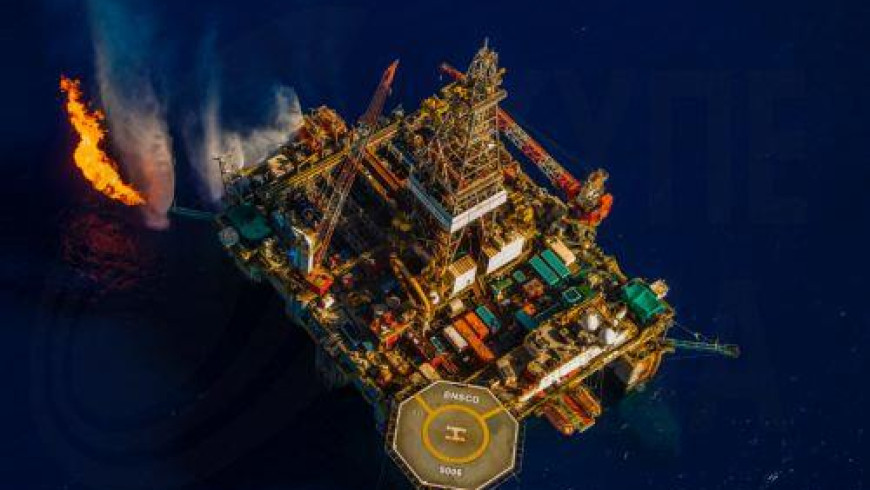
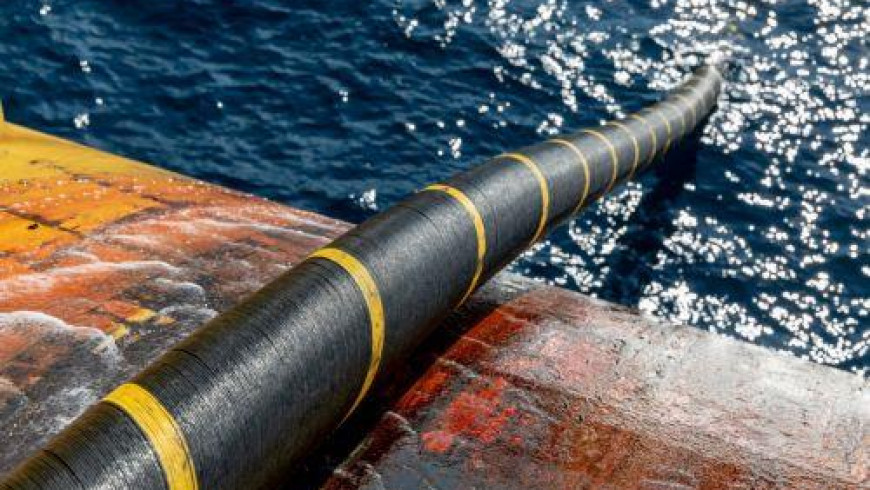
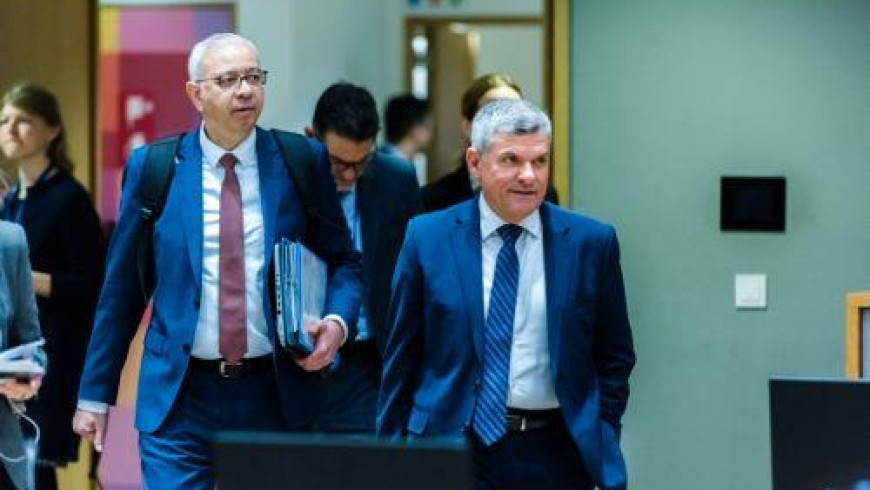
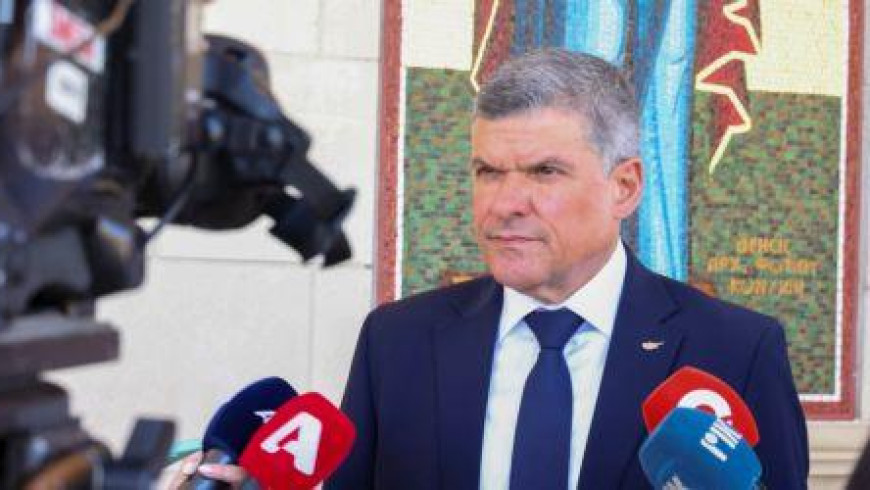
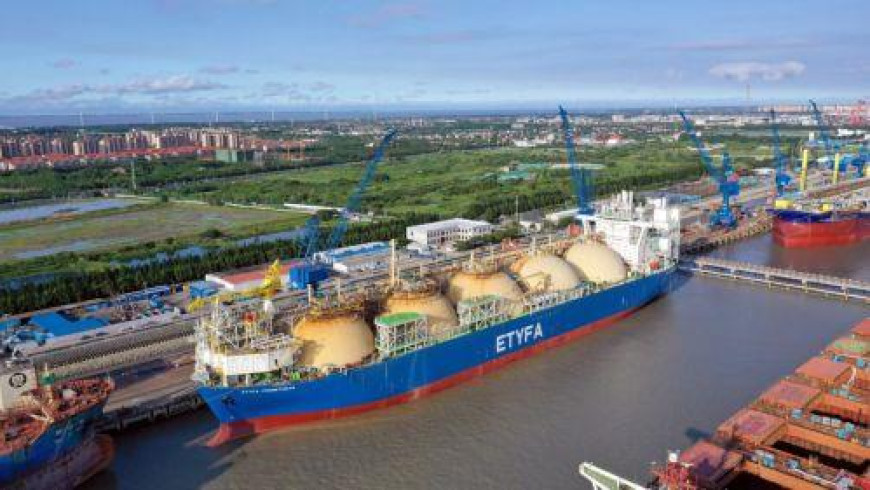
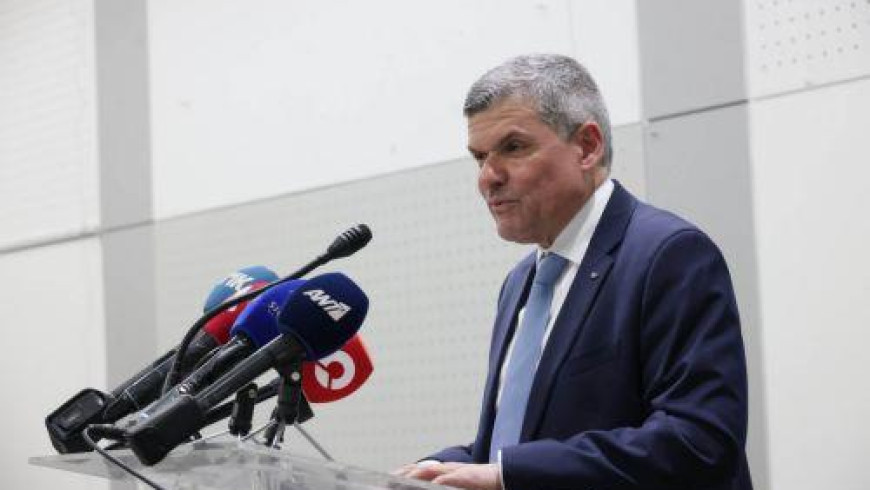




 3287.99
3287.99 1275.09
1275.09
